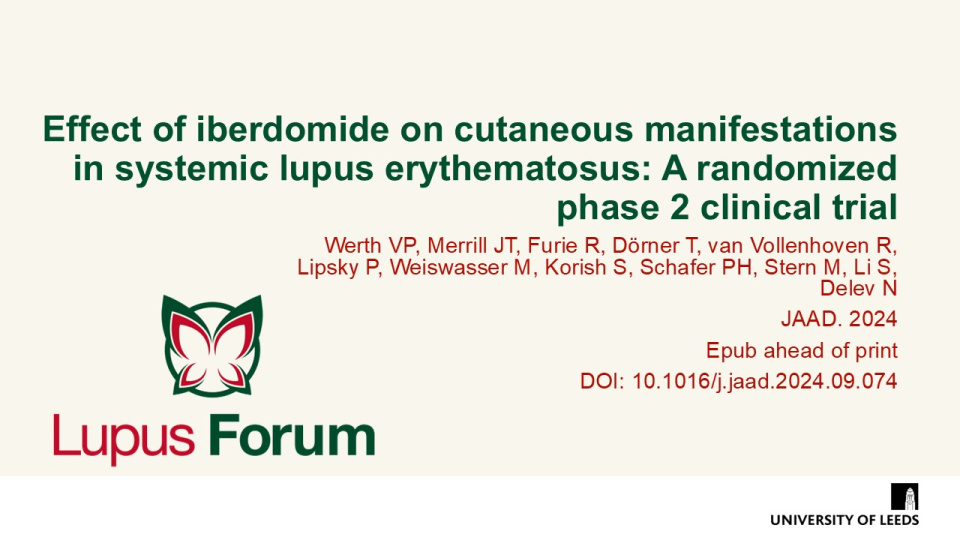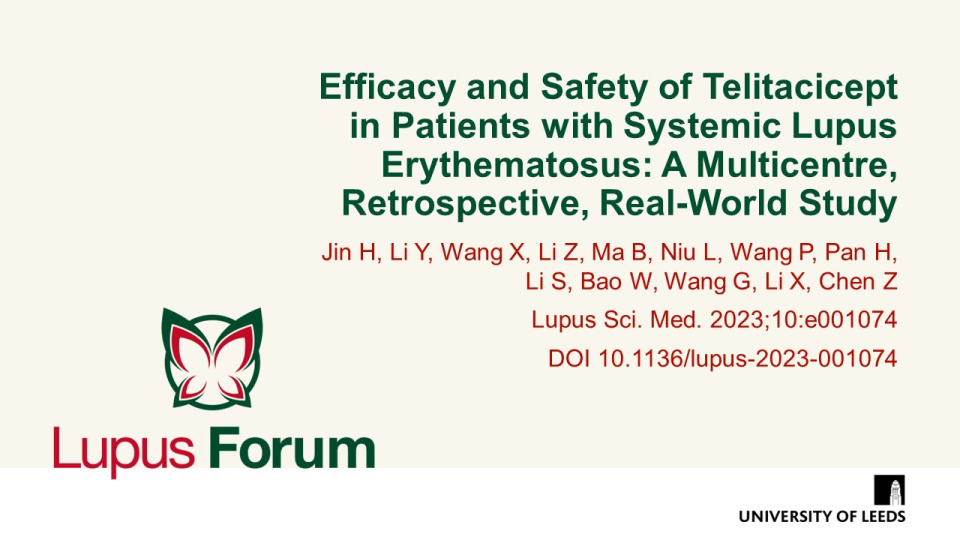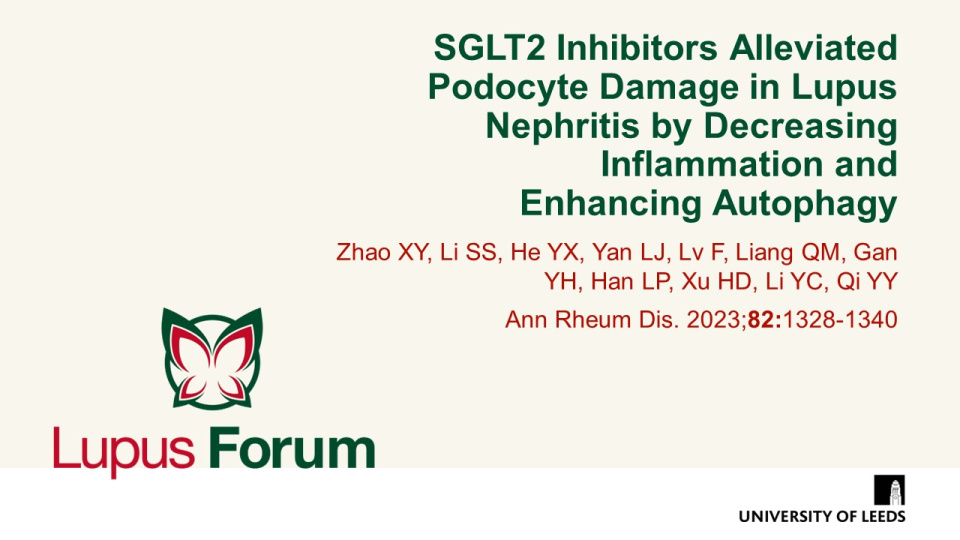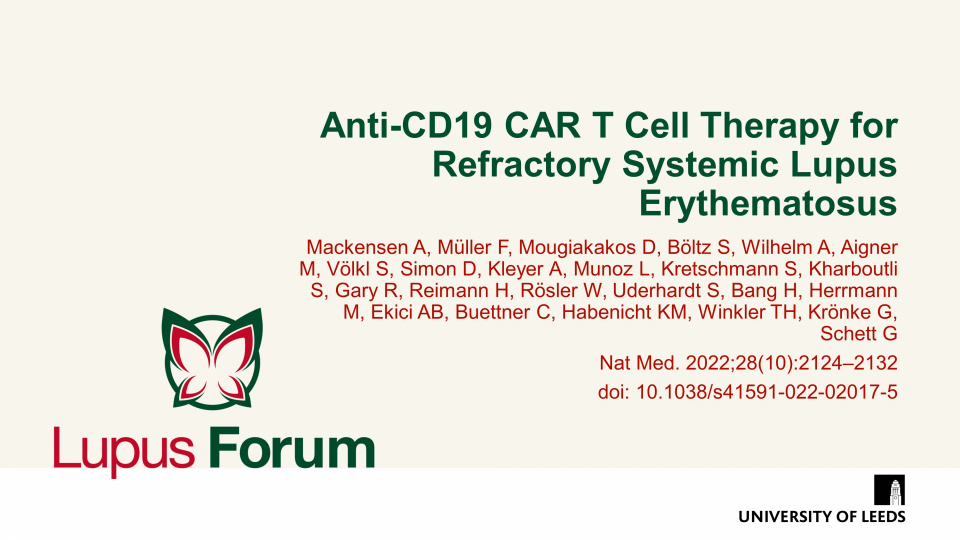Publications
Find coverage of the latest original articles on Lupus, focusing on those with data on therapeutic interventions and those that have clinical impact.
Effect of iberdomide on cutaneous manifestations in systemic lupus erythematosus: a randomized phase 2 clinical trial
JAAD. 2024. Epub ahead of print DOI: 10.1016/j.jaad.2024.09.074
Werth et al. demonstrated that iberdomide significantly improved cutaneous lupus erythematosus (CLE) outcomes, particularly in subacute and chronic CLE patients, by reducing Cutaneous Lupus Area and Severity Index Activity (CLASI-A) scores. The study showed continued efficacy through 24 weeks, with the 0.45 mg dose providing the greatest improvement in patients with severe baseline scores, and iberdomide was well-tolerated over 104 weeks.
Keywords:
CD19 CAR T-Cell therapy in autoimmune disease - A case series with follow-up
N Engl J Med 2024;390(8):687–700 DOI 10.1056/NEJMoa2308917
In this case series by Müller, et al., eight patients who received a CD19 CAR T-cell infusion achieved Definition of Remission in SLE (DORIS) remission, Lupus Low Disease Activity State and a SLEDAI 2K score of 0 at 6 months post-infusion. Long-term follow-up through 24 months showed that SLE disease activity remained absent
in all eight patients.
Keywords:
Efficacy and Safety of Telitacicept in Patients with Systemic Lupus Erythematosus: A Multicentre, Retrospective, Real-World Study
Lupus Sci. Med. 2023;10(2):e001074 DOI 10.1136/lupus-2023-001074
In this study, telitacicept add-on therapy demonstrated desirable real-world safety and efficacy profiles for the management of SLE, LN, and patients with haematological abnormalities.
SGLT2 Inhibitors Alleviated Podocyte Damage in Lupus Nephritis by Decreasing Inflammation and Enhancing Autophagy
Ann Rheum Dis. 2023 DOI: 10.1136/ard-2023-224242
Data revealed a renoprotective effect of SGLT2 inhibitors by reducing proteinuria and preserving renal function in the murine MRL/lpr lupus model.
Anti-CD19 CAR T Cell Therapy for Refractory Systemic Lupus Erythematosus
Nat Med. 2022;28(10):2124–2132 doi: 10.1038/s41591-022-02017-5
Data suggest that CD19 chimeric antigen receptor (CAR) T cell transfer is feasible, tolerable and highly effective in patients with SLE.






